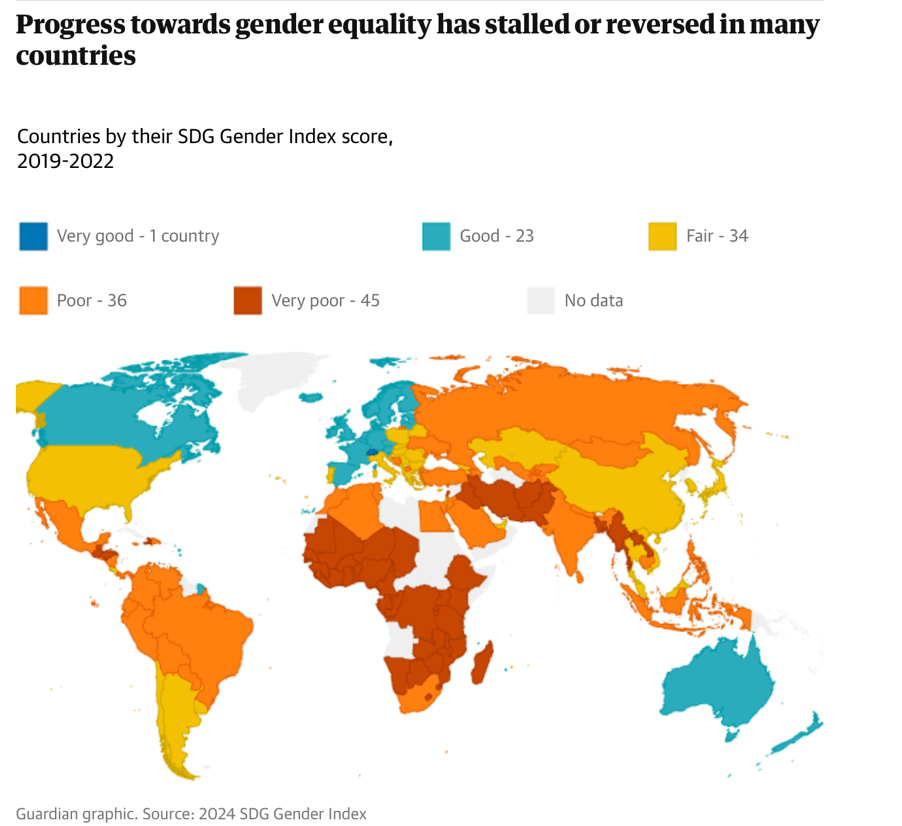Where Can We Find Positive Peace?
- UN House Scotland

- Aug 4, 2020
- 3 min read
By Isabel Remers

In my classes studying peace and conflict, it is a correct assumption to make that we all, young and optimistic, want and believe in rose-tinted possibility of future peace. When I was asked this question, it reminded me of our discussions on the thin binary between the need for peace and the creation of peace, and above all, a question of for what purpose an attempt at ‘peace’ has been made and for who is this ‘peace’ truly for.
The idea that ‘peace’ can be applicable has inherent connotations of intervention, something that has been thought of outside of the current situation. A scientific quick fix. Rather than being self-led the word applicable suggests that ‘peace’ is something that can be copy and pasted around the world for a diverse variety of problems. It does not ask who will be applying it to a situation and to who is it being applied to? This leads to a further criticism; that no matter whether it is applicable or not, should ‘peace’ be allowed to be applied? Just because there is an option to try and intervene and create a long-lasting peace, should this happen? Most importantly I believe this question forgets to ask whether this peace is consensual?
The importance of consent is increasingly significant in relation to positive peace, the idea that the institutors and structures in which the West deems as peace-perpetuating, create long-lasting peace. Ultimately this is critical as without internal support or permission, this can continue the conflict by further diminishing the importance of some groups’ voices within a society or act as the continuation of a Neo-Colonial intervention.
I interpret ‘positive peace’ to mean the practical side of peace, the institutions and organisations, in which peace occurs through their effective control of crime and justice for example among other patterns, institutions and systems. To me, positive peace can be found in our schools, judicial system and through our structure of free rights here in the UK. I would be naïve of me not to argue that the UK, similar to every tiny village and superpower state, has people who feel they do not live in a peaceful place, for them their rights are not met, their voices aren’t heard, the opportunities to excel – stunted. For these people, the institutions and systems which seem to perpetuate what may seem like peace to me, may seem to continue their lives in hell. These systems and intuitions can always be improved as peace for one, does not mean peace for all.
So, if you ask me again, is positive peace applicable in a peace & conflict studies-manner; say, as an external intervention through the creation of a new legal system and a free media structure into a community recovering from war, then, yes, it is applicable. The idea can indeed be inserted into these people’s lives through the creation and re-design of institutions and therefore can perpetuate an injected culture of ‘peace’. This, however, does not mean ‘positive peace’ should be. In lieu, there must be consent and homegrown ownership and creation of attempts towards peace. Just because these institutions represent peace in one are doesn’t mean that for the citizens of another that they want this. This does not undermine the idea that most people in the world would like to live in peace, instead it highlights the issue that if there is a belief that ‘peace’ can simply be applied through institutions, building and bureaucracy, then the idea of applying ‘positive peace’ itself is perpetuating many of issues which create conflict and silencing voices on the ground.











Comments